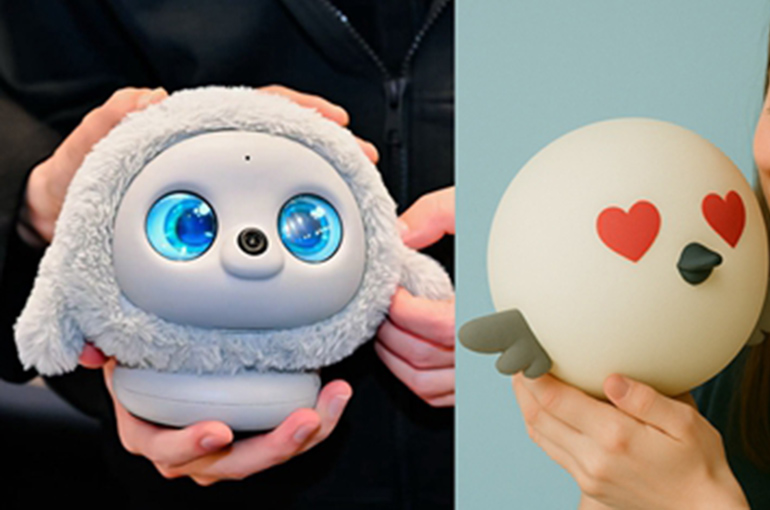 China's Lingtong to Deliver First Companion Robots Next Month
China's Lingtong to Deliver First Companion Robots Next Month(Yicai) July 3 -- Lingtong Robotics, a Chinese developer of humanoid robots, will deliver the first batch of its companion robots to customers next month.
Yicai saw the Lingtong Robot, a 60-centimeter-tall android resembling an anime, comics, and games figurine with a built-in artificial intelligence module, at the Shanghai-based company's research and development office yesterday.
When asked, "Why do you look a little unhappy?" the robot put its hands on its hips, a movement it had just learned, and said, "Because you didn't talk to me," while acting angry.
The robot can learn to imitate various human actions through training and "comprehensively analyze its owner's tone, conversation, and information about a scenario to judge the person's emotional state and respond accordingly," with the help of AI, Jia Xingliang, head of project R&D of Lingtong, told Yicai.
"We are also refining the robot's visual recognition function," Jia said, "In the future, the robot will be able to recognize the owner's facial expressions through a camera."
Lingtong, which counts AI tech developer iFlytek and Orinno Capital among its shareholders, sells its robots on JD.Com.
The training of true companionship robot requires many engineers, with team members needing to interact with the robot at a high frequency every day, and its dialogue logic and emotion recognition ability must be optimized through continuous testing and fine-tuning, Jia said. "Before delivering the product, I will make a final polish on the accuracy of its emotional understanding and hardware stability."
The growth potential of the companion robot market is attracting more startups to join. Robopoet said it bagged tens of millions of Chinese yuan, equivalent to millions of US dollars, in an angel round financing round last month, while Ropet launched a new fundraiser for millions of US dollars at the end of last year.
Ropet's robot can recognize users' movements through its own visual and tactile sensors and make corresponding feedback, Chief Executive He Jiabin said to Yicai. It can make a sound or adjust its eyes to "express" its affection for the owner when touched, He added.
At the core of companion robots is how they "build an emotional relationship with their owners," Zhang Yunuo, founder of SkyRis, told Yicai. Although AI models provide intelligence, additional tech in more dimensions is needed to truly achieve companionship, he added. "For the subtlety of emotional interaction, it is not enough to rely on AI models."
Editors: Tang Shihua, Martin Kadiev